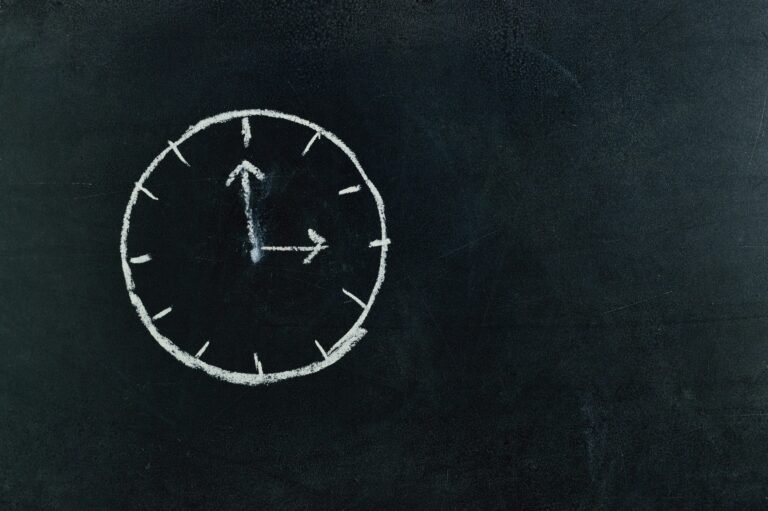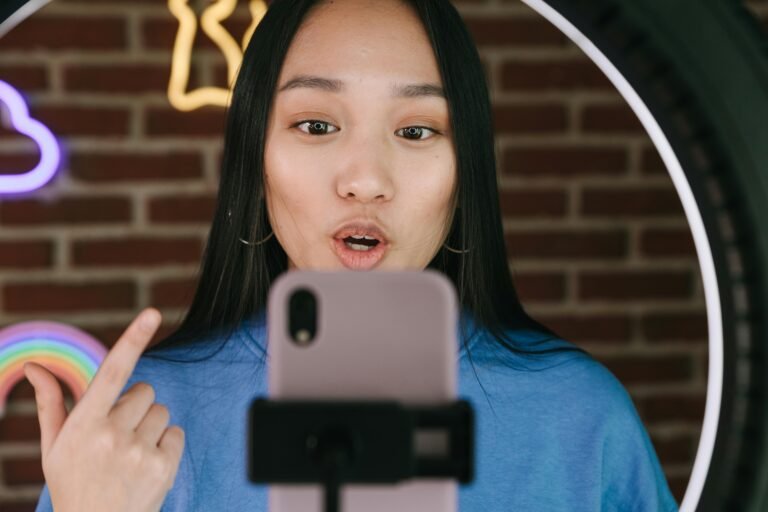Getting diagnosed with ADHD can be a huge moment of clarity. It’s like finally having the missing piece to a lifelong puzzle.
But when you open up about it and the people closest to you dismiss it or act like it’s not real, it can hit hard.
Whether they say “everyone gets distracted,” or “you don’t look like you have ADHD,” that kind of invalidation can be painful, confusing, and isolating.
Here’s how to deal when the people you care about don’t understand or believe your diagnosis.
First, Know That You Don’t Need Their Permission to Be Valid
Your ADHD is real, whether someone else believes it or not.
It is backed by science, recognized by every major mental health organization, and affects millions of people around the world. It does not require someone else’s approval to exist.
You are not being dramatic. You are not exaggerating. And you are not making excuses.
What you are doing is advocating for your needs in a world that often misunderstands neurodivergence.
Why Some People Don’t Believe ADHD Is Real
It’s usually not about you. It’s about misinformation, stigma, or fear. People might not believe your ADHD diagnosis because:
• They grew up in a time when mental health wasn’t talked about
• They think ADHD only looks like hyperactive little boys
• They’ve internalized the myth that you just need more discipline
• They feel uncomfortable with anything that challenges their view of you
• They don’t want to believe they may have missed the signs all these years
Some people even take your diagnosis personally, like it’s an attack on how they raised you or knew you. Others simply don’t understand what ADHD actually is.
What You Can Say (If You Want to Explain It)
You don’t owe anyone an explanation. But if you do want to open the conversation, here are a few things you can say:
• “I didn’t get diagnosed because I saw a TikTok. I got diagnosed because this affects my life daily.”
• “ADHD isn’t about being lazy. It’s about how the brain regulates focus, memory, and emotion.”
• “It’s not a personality flaw. It’s a neurological condition that I’ve always had, even if we didn’t have the words for it.”
• “Getting diagnosed helped me understand myself better. That’s something I needed, not something I invented.”
Sometimes people just need time to process. Sometimes they never will. Either way, you get to decide how much energy you want to give them.
Protecting Your Energy When People Don’t Get It
If someone keeps invalidating you, it’s okay to set boundaries. That might look like:
• Changing the subject when ADHD comes up
• Not sharing personal struggles with people who minimize them
• Limiting time around people who make you feel small
• Finding support outside of your inner circle
You are allowed to choose peace over constant explaining.
You don’t need to debate your own lived experience.
Find People Who Do Understand
If your current circle doesn’t get it, build a new one. There are entire communities of people who do.
Look for:
• Online ADHD groups on Reddit, Discord, or Facebook
• ADHD creators on TikTok, YouTube, and Instagram
• Support groups through mental health orgs or clinics
• Podcasts or books that reflect your experience
Finding people who speak your language is a powerful reminder that you’re not alone, and your struggles are real.
Use Your Diagnosis for You, Not for Them
Your diagnosis is not a label to convince others. It’s a tool to help you support yourself.
Let it guide how you:
• Manage time
• Create routines
• Set boundaries
• Ask for accommodations
• Talk to your therapist
• Approach relationships
Whether or not anyone else “gets it,” you’re learning how to show up for yourself in a new way.
What to Remember When It Hurts
It’s okay to feel hurt when people close to you don’t believe you. You wanted support, and instead you got silence or disbelief.
Let yourself grieve that. It’s valid.
But then remember:
• You are not here to fit someone else’s idea of what ADHD looks like
• You do not need to prove your diagnosis to be worthy of care
• You can still build a life that works for your brain, even if others don’t understand it
Validation is powerful. But self-trust is even stronger.






